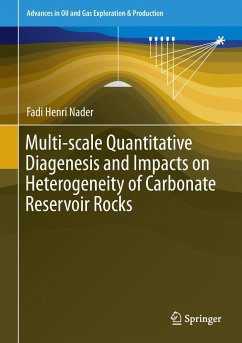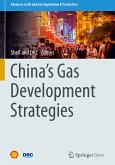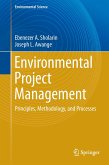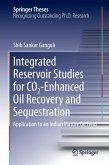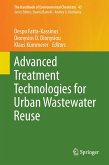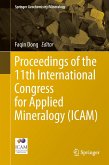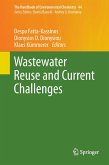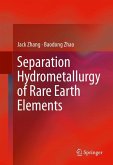This book is both a review and a look to the future, highlighting challenges for better predicting quantitatively the impact of diagenesis on reservoir rocks. Classical diagenesis studies make use of a wide range of descriptive analytical techniques to explain specific, relatively time-framed fluid-rock interaction processes, and deduce their impacts on reservoir rocks. Future operational workflows will consist of constructing a conceptual diagenesis model, quantifying the related diagenetic phases, and modelling the diagenetic processes. Innovative approaches are emerging for applied quantitative diagenesis, providing numerical data that can be used by reservoir engineers as entry (input) data, and for validating results of numerical simulations. Geometry-based, geostatistical and geochemical modelling do not necessarily mimic natural processes, they rather provide reasonable solutions to specific problems.
Bitte wählen Sie Ihr Anliegen aus.
Rechnungen
Retourenschein anfordern
Bestellstatus
Storno

